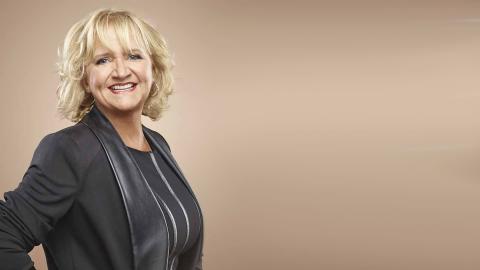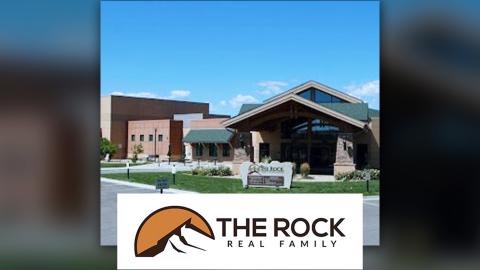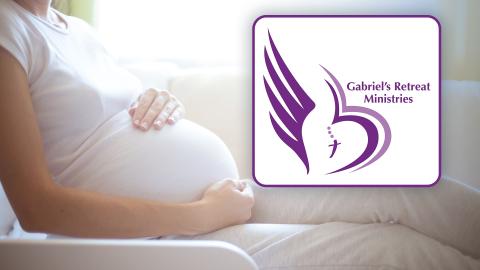Here's How Kennedy Reacted to the Religious Freedom Cake Case at Supreme Court
The United States Supreme Court has heard oral arguments in a landmark case involving a Christian baker and a same-sex couple.
The baker refused to create a wedding cake for a gay couple saying it would violate his beliefs. So the court's ruling will have huge ramifications for religious liberty and free speech rights in America.
In the courtroom on December 5, all eyes were on the reaction and questions of Justice Anthony Kennedy who's likely to be the key vote in this precedent-setting case.
At one point, Kennedy said the Colorado Civil Rights Commission seemed "neither tolerant nor respectful of Mr. Phillips' religious beliefs."
Supreme Court blogger Amy Howe was in the courtroom and offered this observation about Kennedy:
After nearly 90 minutes at #SCOTUS, majority including Anthony Kennedy seems to be leaning toward Masterpiece Cakeshop
— Amy Howe (@AHoweBlogger) December 5, 2017
But that's not the whole story, because Kennedy said things that leaned the other direction as well. More about Kennedy's reactions to the case in just a minute... but first, here's what the case is all about.
The Masterpiece Cakeshop vs. Colorado Civil Rights Commission case pits Christian baker Jack Phillips against two gay men who walked into his Colorado bakery and requested a cake for their same-sex wedding.
READ: Colorado Christian Cake Maker: 'I've Faced Death Threats'
Phillips refused because he sees wedding cake designing as an art form that expresses something about the event and the couple.
He said a cake celebrating same-sex marriage communicates a message that contradicts his deepest religious convictions – including his belief that God designed marriage to be between a man and a woman.
Phillips' Best Argument
"I just wanted to try and find a polite way to tell them that I couldn't create the cake they were looking for," explained Phillips.
The two men – Charlie Craig and David Mullins – filed a discrimination complaint with the Colorado Civil Rights Division. The commission and an appeals court agreed that Phillips had violated the state's anti-discrimination law.
Their rulings forced Phillips to stop baking wedding cakes. As a result, he lost about 40 percent of his business and had to lay off six employees.
READ: 'You Need a Savior. It's Jesus Christ': The Amazing Moment the Colorado Baker Suddenly Started Serving God
Phillip's lawyer, Regent University graduate Kristen Waggoner of the Alliance Defending Freedom, says "tolerance" is her client's best argument before the Supreme Court.
"Regardless of what you believe about marriage if you want to have freedom for yourself you have to extend that to others," said Waggoner.
"It's really just living together in a world where people have different beliefs. And Phillips is not out there trying to stop somebody else from getting married. He's not trying to block someone else's bakery so they can't bake the cake. He's just saying that's something I don't agree with. I can't participate," said The Becket Fund's Mark Rienzi.
Gay rights activists argue that anti-discrimination and public accommodation laws benefit everyone in society.
"They offer as much protection to the religious conservative customers as they do to the LGBT customers, sometimes more. They mean that the gay atheist can't refuse to serve the conservative Christian any more than the conservative Christian can refuse to serve the same-sex couple," LGBT author and speaker John Corvino said.
Kennedy Holds the Key to the Outcome
The Supreme Court is made up of five justices with conservative interpretive inclinations and four justices with more liberal inclinations.
While the conservative majority on the court may cause some to believe there'll be a victory for Phillips, Justice Anthony Kennedy often surprises court observers as the swing vote.
During the oral arguments, Kennedy, the author of all the court's major gay-rights cases, worried out loud that a ruling in favor of Jack Phillips might allow shop owners to put up signs saying: "We do not bake cakes for gay weddings."
Here's what court observer Amy Howe thought of the case overall:
Kennedy sent mixed messages: At one point, told Solicitor General that a win for cakeshop could lead to an affront to the gay community, but also suggested Colorado was too hostile to religion.
— Amy Howe (@AHoweBlogger) December 5, 2017
Kennedy, a noted libertarian, has been known to tip the scale on many a ruling, with little absolute foresight of how he will eventually come down.
Kennedy has voted in favor of gay rights more often than not, which may cause one to believe that he will vote against Phillips. However, Kennedy has leaned towards gay rights in cases that don't threaten first amendment rights. But in Boy Scouts of America v. Dale, a case of whether the Scouts could prohibit homosexuals from being troop leaders, Kennedy voted in favor of the Scouts because they are a private institution and thus reserve the right to discriminate on the basis of their policies.
Implications for Christian Artists and Business Owners
Meanwhile, Phillips say he's trusting God to have his way with the Supreme Court.
"I'm an artist and a Christian at the same time and I hope that the court realizes that everyone has those lines that we draw," he insisted.
This case will also have implications for wedding photographers and florists who have voiced similar concerns and other creative people in a wide variety of fields.
One argument advanced with this case is that government cannot dictate how artists choose to express themselves.
The case has drawn a great deal of public and legal interest- with nearly 100 amicus briefs - including the Trump administration, which has filed a brief supporting Phillips.




